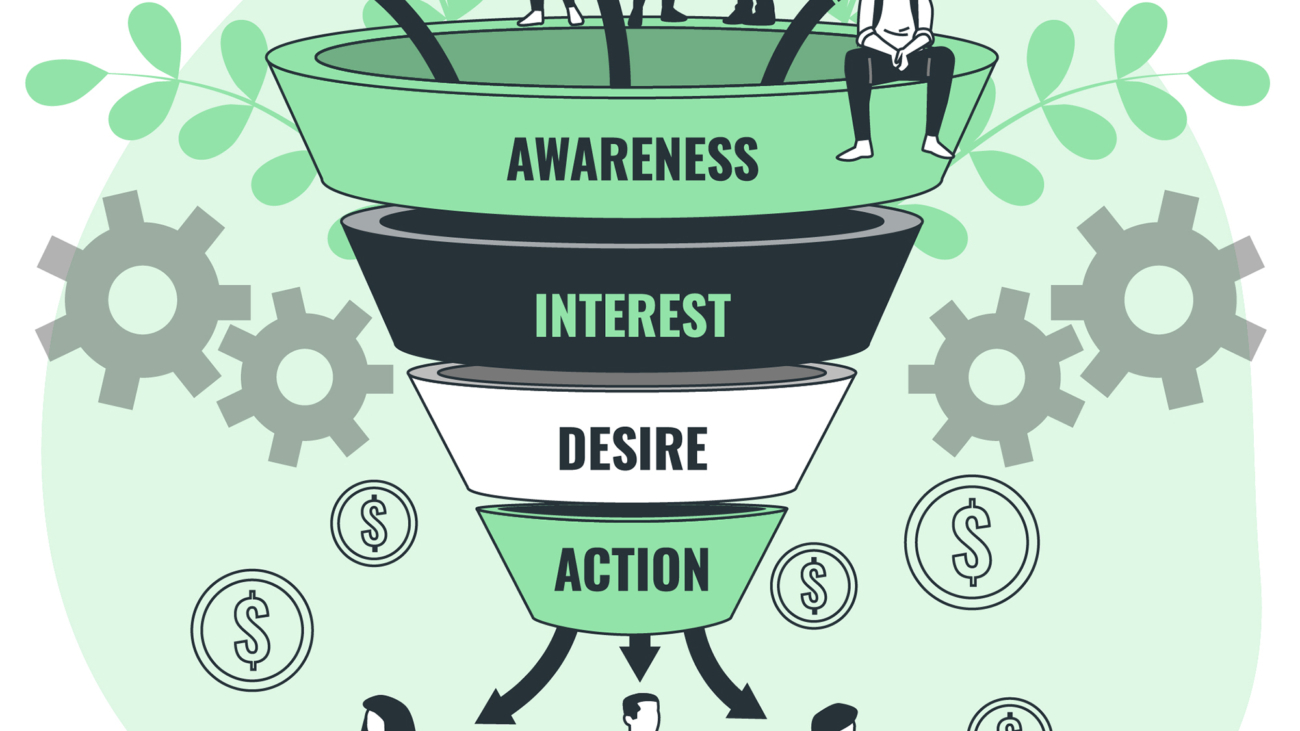Why Every SME Needs a CRM: Boost Sales & Strengthen Customer Relationships

What is a CRM and Why Does It Matter?
A CRM (Customer Relationship Management) system is a software solution that helps businesses manage customer interactions, track sales, and optimize marketing efforts. Instead of manually handling customer data on spreadsheets or emails, a CRM centralizes everything in one place, ensuring seamless communication and efficiency.
- Better Customer Management: Organize customer information and track interactions effortlessly.
- Sales Automation: Manage leads, follow-ups, and conversions with ease.
- Improved Customer Retention: Strengthen relationships with automated reminders and follow-ups.
- Data-Driven Insights: Make strategic decisions based on real-time reports.
- Scalability: Grow your business without losing track of customer interactions.
For startups and SMEs, implementing a cloud-based CRM for startups ensures accessibility, flexibility, and cost-effectiveness.
How CRM Enhances Customer Communication & Retention
Customer retention is crucial for SMEs, as acquiring new customers is often more expensive than keeping existing ones. A CRM system helps businesses improve customer relationships with CRM tools such as:
- Personalized Communication: Keep track of customer preferences and history to offer tailored services.
- Automated Follow-ups: Never miss a potential sale with scheduled reminders and emails.
- Integrated Support: Resolve customer queries faster with centralized communication.
A well-implemented CRM enables businesses to deliver exceptional customer experiences, leading to higher satisfaction and long-term loyalty.
For further insights on customer relationship strategies, check out HubSpot’s CRM Guide.
Automating Sales & Marketing for Efficiency
Manually managing sales and marketing can be overwhelming for SMEs. A CRM allows small business sales automation, ensuring:
- Lead Tracking & Nurturing: Capture leads from multiple channels and track their journey through the sales funnel.
- Sales Pipeline Management: Monitor deals, set targets, and forecast revenue effortlessly.
- Marketing Campaign Automation: Schedule email campaigns, social media posts, and follow-ups.
With CRM implementation for small businesses, teams can focus on closing deals rather than managing paperwork.
Aimed Advisors specializes in helping SMEs integrate the right CRM solutions to enhance efficiency. If you’re considering automation, check out Zoho CRM for an affordable and user-friendly option. You can also explore Bitrix24 CRM, an all-in-one solution for managing tasks, projects, and communication.
Data-Driven Decision-Making with CRM Insights
One of the biggest advantages of CRM software for SMEs is the ability to generate valuable insights. Businesses can track performance, customer behavior, and sales trends to make informed decisions.
Key CRM Reports for SMEs:
- Sales Performance Reports: Track revenue, deal closures, and conversion rates.
- Customer Analytics: Identify buying patterns and customer preferences.
- Campaign Effectiveness: Measure ROI on marketing activities and optimize strategies.
By leveraging these insights, SMEs can refine their business strategies and stay competitive.
For a deeper understanding of CRM analytics, check out Salesforce’s CRM Insights.
Choosing the Right CRM for Your Business
With multiple CRM options available, selecting the right one can be challenging. Consider the following when choosing a CRM for small businesses:
- Ease of Use: A simple and intuitive interface ensures quick adoption.
- Scalability: Choose a CRM that grows with your business.
- Automation Features: Ensure it offers sales and marketing automation tools.
- Integration Capabilities: Check compatibility with existing tools like accounting software and email marketing platforms.
- Affordability: Look for an affordable CRM for small businesses that fits your budget.
For service-based SMEs, an industry-specific CRM can be beneficial. If you’re an e-commerce startup, selecting a CRM for e-commerce startups with order tracking and customer segmentation is ideal.
Not sure which CRM suits your business needs? Aimed Advisors can guide you in selecting and implementing the right solution.
Final Thoughts
A CRM for small businesses is no longer a luxury—it’s a necessity. From automating sales to improving customer relationships, the right CRM can fuel SME growth and efficiency. If you’re ready to take the next step, Aimed Advisors can help you choose and implement the perfect CRM for your needs.
🚀 Need help selecting or implementing a CRM? Aimed Advisors can guide you—let’s talk! 🚀













